Privacy coins have recieved a lot of flak from regulators. Japan banned privacy coins in 2018; South Korea and Australia followed suit, delisting Monero, Dash, Zcash, and other coins from exchanges. Dubai is the latest country to join this list in 2023, with other jurisdictions such as the European Union considering bans. A leaked draft of a proposed money laundering bill written by the EU stated that “Credit institutions, financial institutions and crypto-asset service providers shall be prohibited from keeping. . . anonymity-enhancing coins.”
Several mainstream exchanges have also stopped offering privacy coins. Bittrex, an exchange built by security engineers, announced in January 2021 that it would soon remove popular privacy coins and encouraged users to withdraw their tokens before the deadline. Similarly, Kraken delisted Monero for its UK customers, BitBay ended Monero support, and Huobi removed seven privacy tokens due to “new financial regulations.” Such developments have led many observers to wonder whether privacy coins will survive in the long-term.
Individual finacial privacy is a right. Nonprivate transactions are susceptible to aggressive data-mining and harvesting techniques that certain marketing and advertising firms use to target nonconsenting individuals while abusing their personal privacy. Furthermore, nonprivate transactions expose individuals to bad actors that can use public information to identify specific targets for illicit purposes such as identify theft, mugging, kidnapping, and blackmailing.
Businesses rely on and expect financial privacy. Consider your local grocery stores. They source their inventory from third-party producers. While the existence of the relationship can be easily deduced based on the good being made available at the grocery store, the details of each specific transaction are not generally known. If the details were known, competitors and customers would know the cost the grocery store paid for each product, the gross margin that the grocery store makes per sale, and the quantity and sell-through time of each order. This information would provide valuable insight to other grocery businesses because they would be able to see what products are most profitable in specific areas, in addition to knowing exactly how much other businesses have paid for the same product. Moreover, the suppliers of these goods would be forced to further compete on price to the detriment of their margins, which in turn would likely have negative repercussions for investors and for smaller industry players since they would not be able to scale as easily.
Bitcoin is not private. Consider what happens when you send BTC to a friend's address. The friend now knows and can view all transactions related to your address, as well as the Bitcoin balance that remains. Likewise, when someone registers for an account with a cryptocurrency exchange, the exchange typically requires the registrant to provide identifying information that the exchange now associates with the registrant and cryptocurrency addresses. In both cases, the financial privacy of the address owner is jeopardized whereby unwanted third parties can review the account history linked or suspected to be linked to an individual.
Privacy coins essentially combine the benefits that the traditional financial system and initial cryptocurrencies like Bitcoin offered. Privacy coins are cryptocurrencies specifically designed to allow individuals and businesses to keep certain details about themselves and their transactions out of the public eye. This enables individuals and businesses to reveal information in a selective or predetermined manner that is not much different from how cash operates today.
Pushback from regulators in response to privacy enabling features on the web is nothing new. Early websites used the Hypertext Transfer Protocol (“HTTP”) to transfer data from a web server to a browser to enable users to view webpages. The key issue with HTTP is that the information sent from the server to the browser is not encrypted, thereby allowing malicious actors to view, steal, and exploit transmitted data. In response, the Hypertext Transfer Protocol Secure (“HTTPS”) was developed in the early 1990s as an extension of HTTP to remediate these issues. HTTPS uses Transport Layer Security (“TLS”) to authenticate the accessed website and protect the privacy and integrity of the exchanged data while in transit,25 resulting in protection from a man-in-themiddle (“MITM”) attack.
Broad commercial use of encryption software, however, initially faced significant opposition from the U.S. government and law enforcement agencies. Until 1996, encryption software was generally classified in the United States as “munitions,” subjecting it to significant export regulations administered by the U.S. Department of State. Just as HTTPS meaningfully improved on HTTP, privacy coins represent the next generation of the blockchain technology pioneered by the Bitcoin protocol, because privacy coins offer users unique ways to obfuscate certain details to prevent public disclosure when users transact on the privacy coins’ respective networks.
Privacy coins pose lower inherent AML risk than other cryptocurrencies when considering evidence of illicit use in practice. Like it or not, hard cash is the favorite means for all those launderers out there. Not only do privacy coins provide public benefits that substantially outweigh their risks, existing AML regulations properly and sufficiently cover those risks, providing a proven framework for combating money laundering and related crime. More than 90% of addresses used on darknet markets are for Bitcoin compared to less than 0.3% for Monero, Dash, Zcash and Grin combined. Most privacy coins already coins fit within the current financial regulatory structure used by the U.S. Financial Crimes Enforcement Network (FinCEN), the New York Department of Financial Services (NYDFS), Japan’s Financial Services Agency (FSA), the U.K.’s Financial Conduct Authority (FCA), and the Financial Action Task Force (FATF) .
If you want to further read a detailed review about how, within the framework of the existing AML regulations, privacy coins strike the right between preventing money laundering and allowing beneficial, privacy-preserving technology to develop, have a look at this extensive research by a US international law firm Perkins Coie.
[link] [comments]

You can get bonuses upto $100 FREE BONUS when you:
💰 Install these recommended apps:
💲 SocialGood - 100% Crypto Back on Everyday Shopping
💲 xPortal - The DeFi For The Next Billion
💲 CryptoTab Browser - Lightweight, fast, and ready to mine!
💰 Register on these recommended exchanges:
🟡 Binance🟡 Bitfinex🟡 Bitmart🟡 Bittrex🟡 Bitget
🟡 CoinEx🟡 Crypto.com🟡 Gate.io🟡 Huobi🟡 Kucoin.

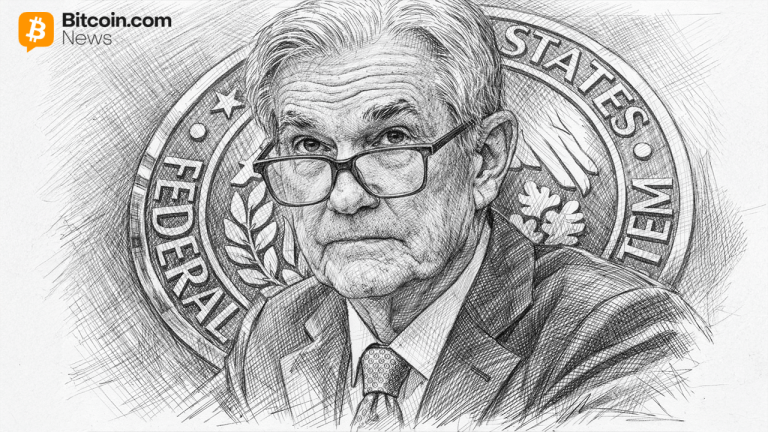

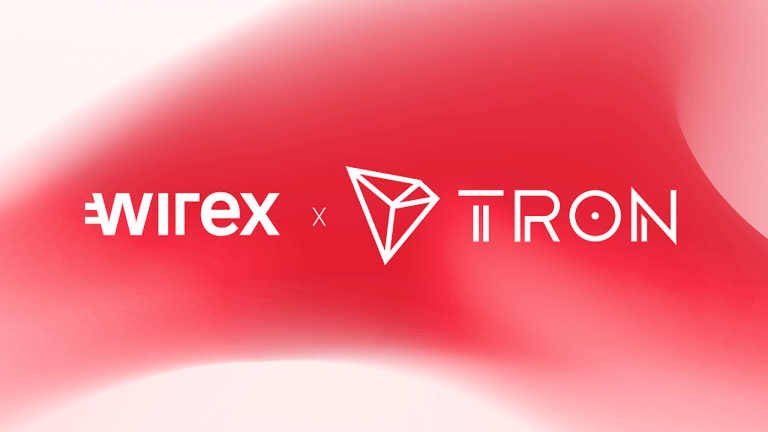






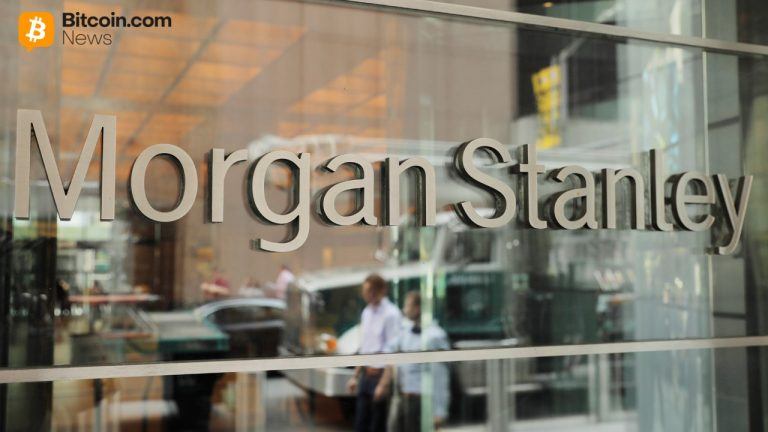





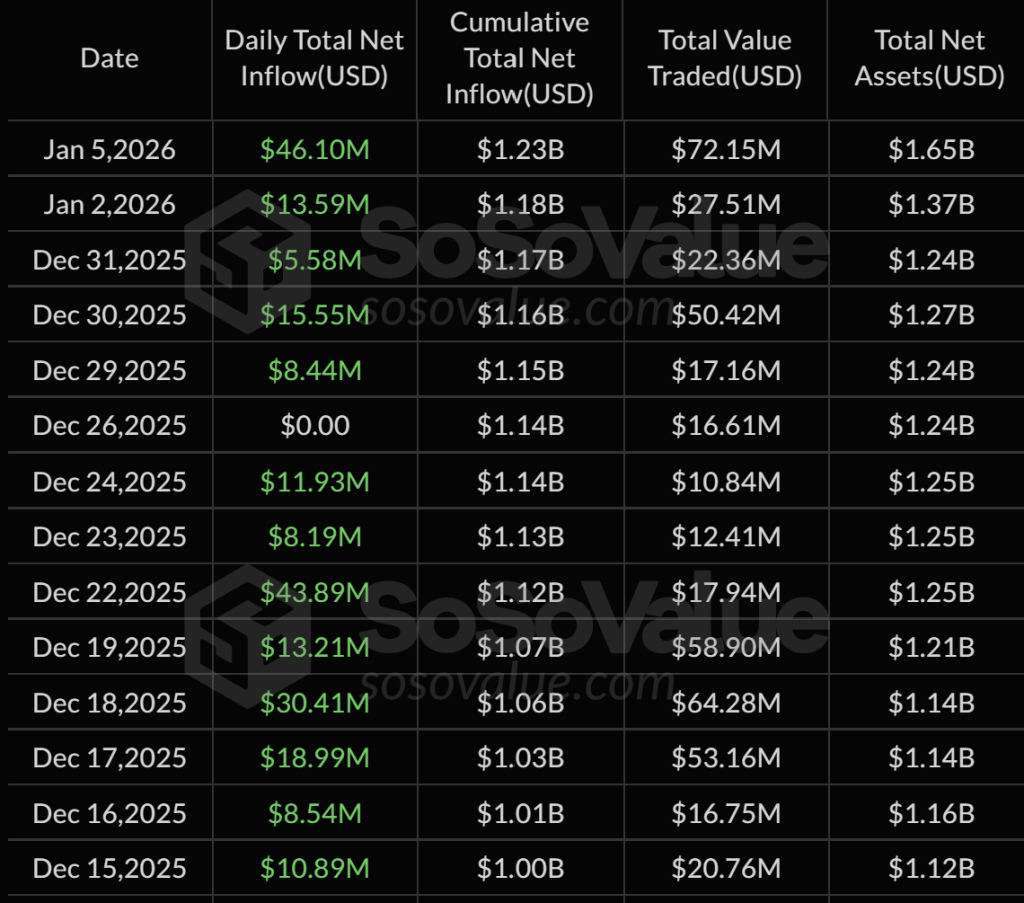
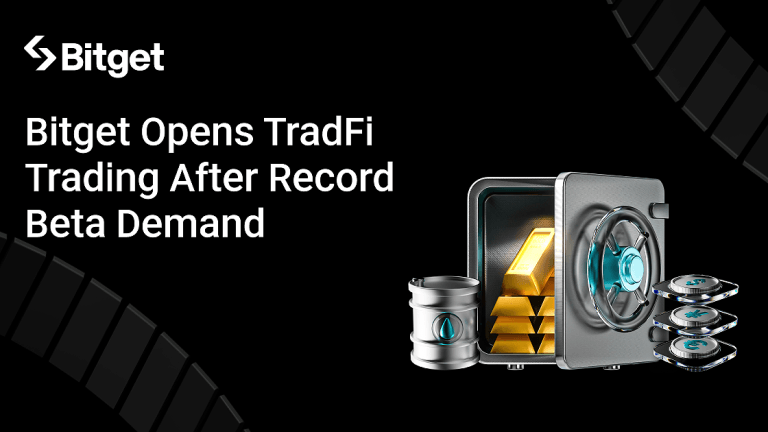

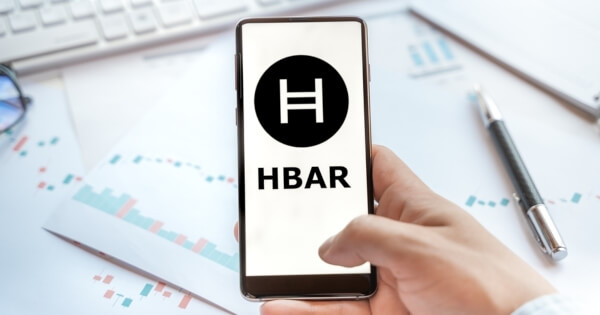
Comments